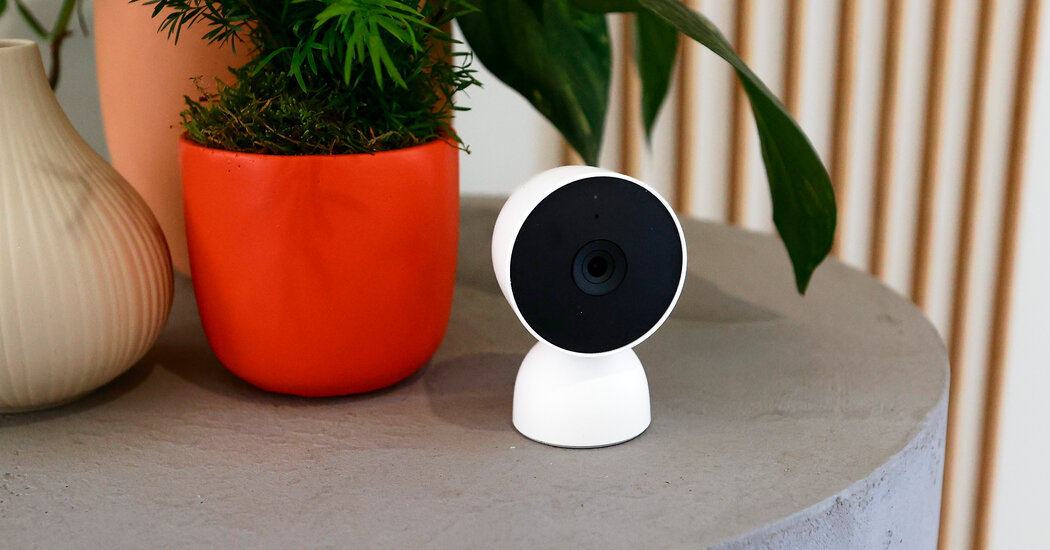Widespread use of indoor security cameras has raised concerns about privacy in vacation rentals, hotels, public bathrooms, locker rooms and on cruise ships.
Airbnb said this week that it was banning the use of all indoor security cameras in its listings worldwide, an update to its current policy allowing the devices to be installed in common areas such as hallways and living rooms.
In a statement on Monday, the company said that most of the listings on its site do not have indoor security cameras, but that it was making privacy a priority.
Previously, security cameras were allowed in common areas so long as hosts disclosed them to guests before booking. They had to be visible, not hidden, and were not allowed in sleeping areas or bathrooms. Airbnb said the policy update, which takes effect April 30, prohibits security cameras anywhere inside the properties, even if they are visible.
It was not immediately clear why the company made the change, but the widespread use of indoor security cameras has raised concerns about privacy in vacation rentals, hotels, public bathrooms, locker rooms and on cruise ships.
Headlines and internet forums have long been rife with reports of unscrupulous vacation rental hosts accused of spying on guests with secret cameras hidden inside clocks, smoke detectors, outlets and other ordinary objects.
Juniper Downs, Airbnb’s head of community policy and partnerships, said in the statement that the changes had been made in consultation with guests, hosts and privacy experts.
“Our goal was to create new, clear rules that provide our community with greater clarity about what to expect on Airbnb,” she said. The company is one of the biggest players in the short-term rental market, with more than 7 million listings in over 100,000 cities worldwide.
Airbnb will continue to allow outdoor security cameras, noise decibel monitors and doorbell cameras, it said, because they are an effective way to monitor security and prevent guests from throwing unauthorized parties.
But hosts will be required to disclose the presence of such cameras and their general location before guests book, and the devices cannot be used to monitor areas where there is an expectation of privacy, such as an enclosed outdoor shower or sauna.
As the use of consumer surveillance devices grows, many travelers and others are using techniques to figure out whether they are being watched, such as searching for inexplicable lights or holes in objects that may house a camera lens.
